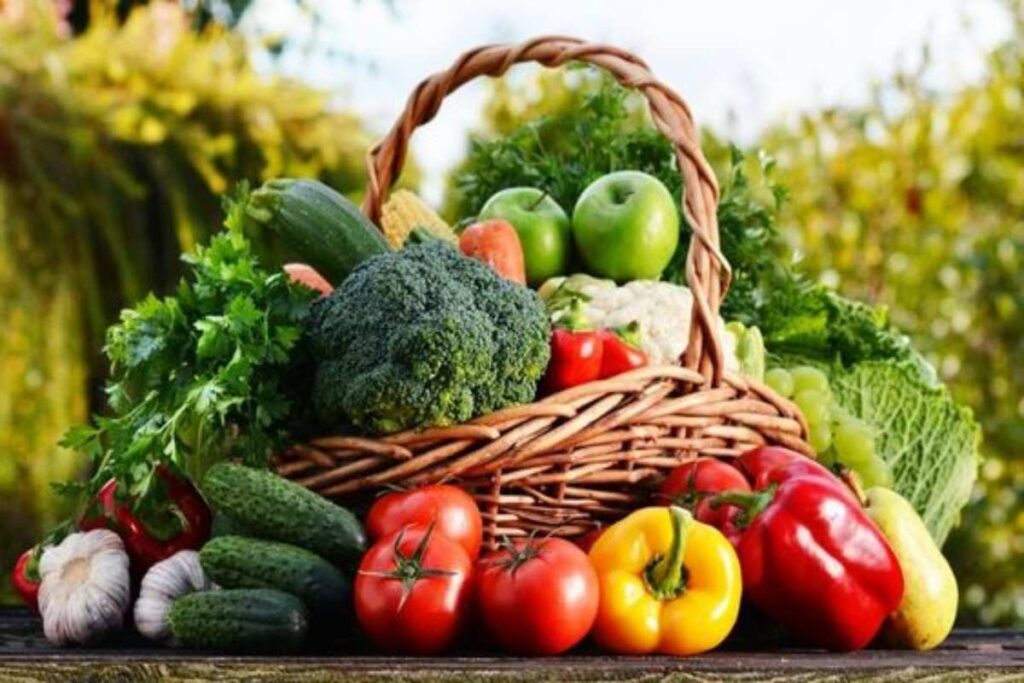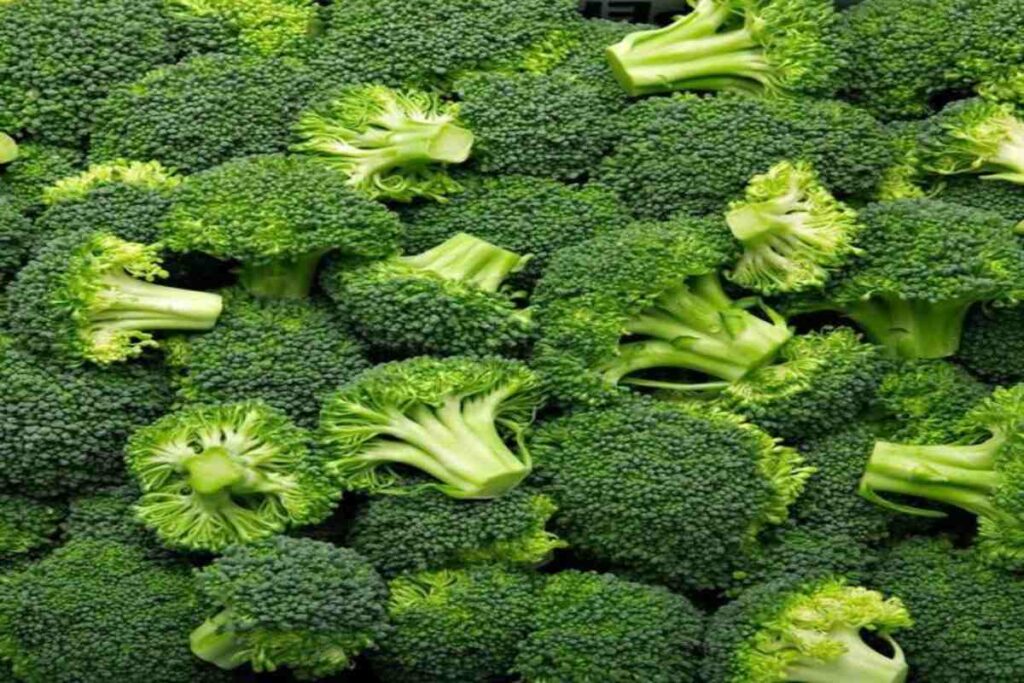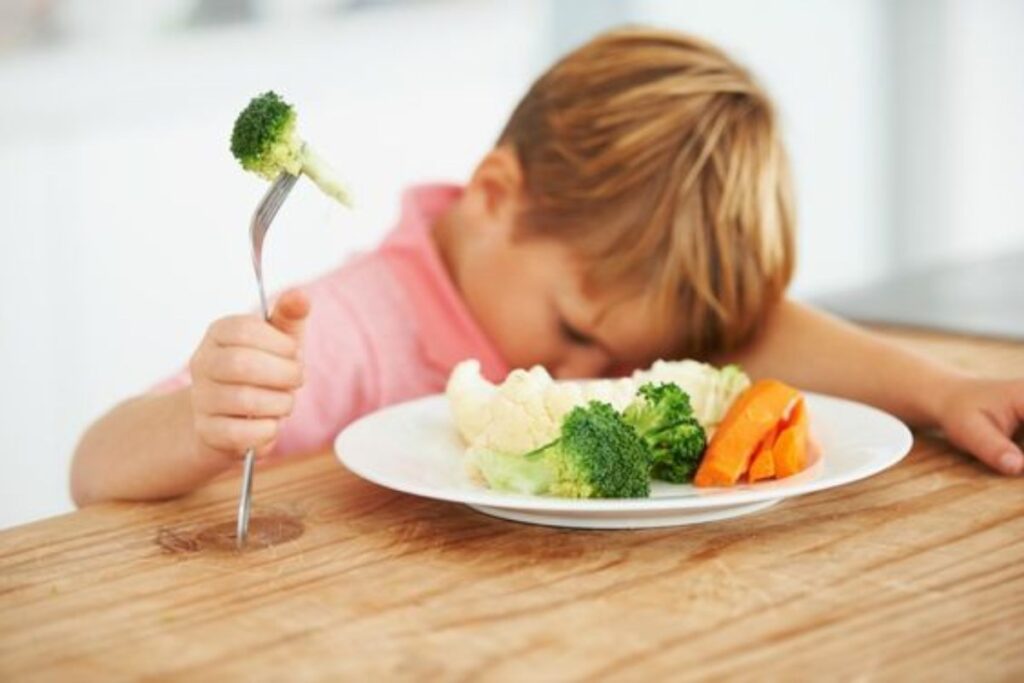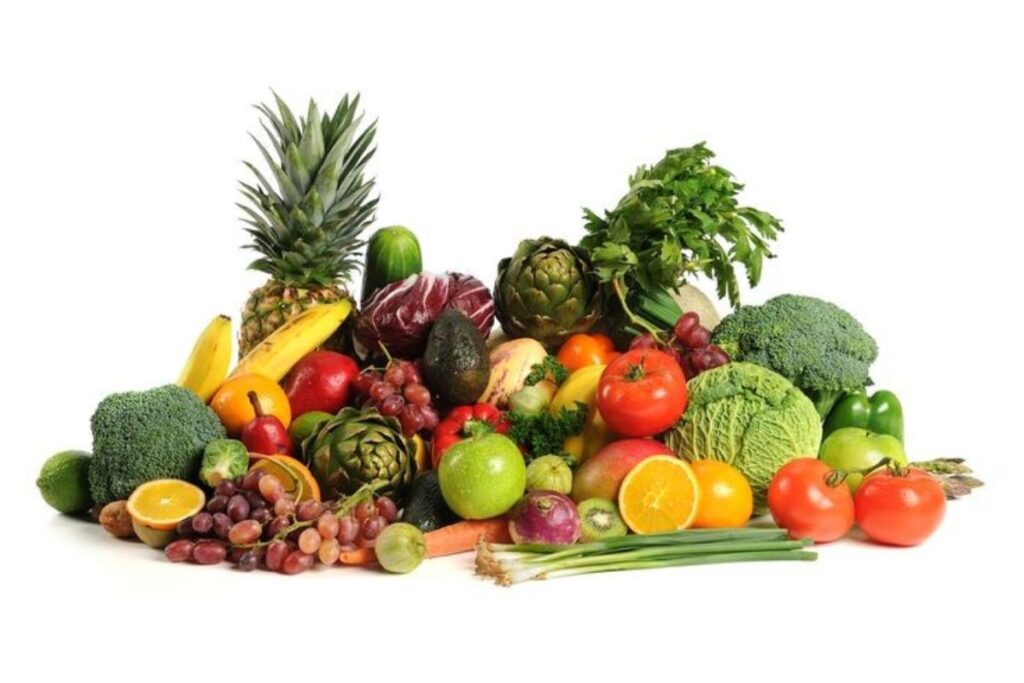Did you know that the term “vegetable” is more of a culinary concept than a botanical fact? Wolfgang Stuppy, a renowned expert, points out that this term doesn’t exist in the botanical world. Instead, what we call vegetables are actually edible parts of plants, like leaves, e.g., cabbage, lettuce, stems, e.g., celery, roots, or even flowers, e.g., broccoli.
On the other hand, fruits are the sweet and fleshy parts of plants that contain seeds, like apples, bananas, and berries. Also, some produce we call vegetables are called fruits. Examples of such produce are tomatoes and peppers. According to the European Food Information Council, other produce like avocados and cucumbers are also known as fruit.
What Is a Vegetable?

According to Reiners, these are edible parts of plants that can be eaten raw or cooked but can’t be eaten as a snack or dessert. Botanists classify them by their parts, like leaves, stems, or roots. In other words, what we call vegetables are just the leaves, stems, and roots of any plant. This doesn’t mean that we are to consume any type of stem, root, or leaf of a plant.
Despite the confusion, vegetables are a crucial part of a healthy diet. Sherri Stastny, a registered dietitian, emphasizes that vegetables are packed with essential nutrients, like fiber and vitamins. These nutrients can help lower blood pressure, reduce the risk of heart disease, and even prevent certain cancers.
ALSO READ: Healthy Vegetarian Diets Linked to Longer Life and Lower Risk of Heart Disease Death
Furthermore, Reiners advised that rather than eating anything, we should focus on eating what we know as vegetables because they offer certain health benefits. Reiner also mentioned that vegetables have mineral, vitamin, and fiber content. Generally, vegetables are safe to eat.
Why You Should Still Eat Them

A registered dietician, Sherri Stastny, said that vegetables contain various nutrients that are beneficial to health. Knowing the nutrients each part of the vegetable carries is important as it helps with proper consumption. For example, vegetables and fruits are rich in potassium and can help lower or maintain blood pressure.
Furthermore, eating enough fruits and vegetables can help reduce the risk of heart disease, obesity, and various severe health diseases. A trial for heart health was carried out, and it was found that diets rich in fruits and vegetables reduce blood pressure way better than healthy unsaturated protein.
ALSO READ: Can Fruits and Vegetables Prescription Improve Health?
To Stastny, broccoli has various benefits. For example, the head of the green is an excellent source of various nutrients like vitamin C, vitamin A, potassium, etc. The stem of the green, which is more commonly thrown out, is also rich in fiber and some other nutrients.
“Consuming flowery produce like broccoli has been found to reduce the risk of cancer,” she said. “If you’d like to strengthen your night vision, you can take carrots, but if you need phytonutrients, you can take spinach, kale, or any dark leafy greens.”
Want Your Kids To Love Vegetables?

Let’s say you have a child who doesn’t love eating vegetables. You can explain to them the benefits of eating some. Try to make your explanation fun by describing the colors and textures of the produce. Doing this is an interesting way to get them to eat them.
If your child hasn’t started deciding what to eat, you can start feeding them vegetables. Stastny said, “If you introduce children to vegetables at a younger age … they’re more likely to eat vegetables throughout their lifespan and therefore decrease the risk of chronic disease.”
What Happens When You Don’t Eat Vegetables?
Although vegetables are a culinary term and not a botanical one, not eating them can lead to digestive diseases such as hemorrhoids, constipation, and others. This is because they are a good source of fiber, which helps deal with constipation and reduces pressure on the lower intestinal tract.
Also, a Harvard Medical School study shows that meals rich in fiber from vegetables reduce the chances of getting diverticular disease. Foods that can help prevent the risk of cancer aren’t available.
However, vitamins E and C have antioxidant effects that can protect cells from free radicals. These vitamins can be found in dark leafy greens, potatoes, and carrots.
You Might Also Like:
Donald Trump Promotes New Election Strategy in a Bid for Victory
Legal Saga: Perrier Classified as Soda, Subject to Taxation, Not Water
Senate Report Exposes Decades of Deception by Oil Giants on Climate Change
Kristi Noem Says Biden’s Dog Deserves Same Fate as Her Shot Dog, Cricket
Democrats Clash Over Concerns for Biden Immigration Policies
